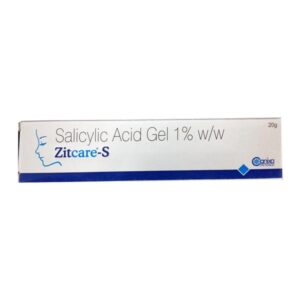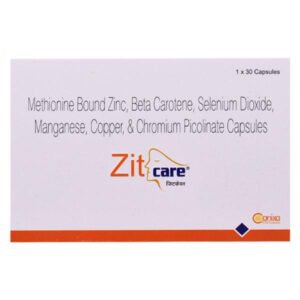ZINC + VITAMIN C AND E
Zinc: Zinc is an essential mineral that is involved in various physiological processes in the body. It is commonly used as a dietary supplement to treat or prevent zinc deficiency, which can occur due to inadequate intake, certain medical conditions, or malabsorption.
Zinc plays a vital role in immune function, DNA synthesis, wound healing, growth and development, and cell division. It is also involved in the metabolism of carbohydrates, proteins, and fats. Additionally, it acts as an antioxidant and helps protect cells from damage caused by free radicals.
The recommended daily intake of zinc varies depending on age, gender, and specific health conditions. For adult males, the recommended daily intake is around 11 mg, while for adult females, it is approximately 8 mg. Pregnant and lactating women may require higher amounts.
Zinc supplements are available in various forms, including tablets, capsules, lozenges, and liquids. The dose of zinc supplementation depends on the purpose and severity of zinc deficiency. Usually, doses range from 15 to 30 mg per day for therapeutic use. However, it is important to follow the instructions provided by a healthcare professional or the product labeling.
While zinc is generally considered safe when taken in recommended doses, it can cause some side effects. Common side effects include nausea, vomiting, diarrhea, stomach cramps, and headaches. Taking high doses of zinc for an extended period can interfere with copper absorption and cause copper deficiency. Excessive zinc intake can also lead to weakened immune function, reduced HDL cholesterol levels, and impaired iron absorption.
It is important to note that zinc supplements can interact with certain medications, such as antibiotics, diuretics, and penicillamine. Therefore, it is recommended to consult with a healthcare professional before starting zinc supplementation, especially if you are taking any medications or have underlying health conditions.
In summary, zinc is an essential mineral that is commonly used as a dietary supplement to treat or prevent zinc deficiency. It is involved in various physiological processes and has diverse functions in the body. While generally safe, zinc supplementation should be taken under medical supervision to ensure appropriate dosage and to monitor for any potential side effects or interactions.
Vitamin C And E: Drug: Vitamin C and E
Use: Dietary Supplement
Mechanism of Action:
Vitamin C (ascorbic acid) and Vitamin E (tocopherol) are antioxidants that help protect cells against damage caused by free radicals. They work synergistically to neutralize free radicals, which are unstable molecules that can cause oxidative stress and damage to cells. Vitamin C and E also have other important roles in the body, such as supporting the immune system and promoting healthy skin.
Dose:
The recommended daily intake of vitamin C for adults is around 75-90 mg for women and 90-120 mg for men. Vitamin E intake varies depending on age and gender, but adults generally require around 15 mg (22.4 IU) of alpha-tocopherol per day.
Side Effects:
Vitamin C and E are generally considered safe when taken in recommended doses. However, high doses of vitamin C can cause gastrointestinal discomfort, such as diarrhea, nausea, and stomach cramps. Very high doses of vitamin E (above 1000 IU per day) may increase the risk of bleeding and interact with certain medications, so it is important to consult a healthcare professional before taking high doses.
It is also important to note that excessive intake of vitamin C and E through supplementation is not necessarily more beneficial and may not provide additional health benefits beyond the recommended daily intake. It is generally recommended to obtain vitamins through a balanced diet rather than relying solely on supplements.


